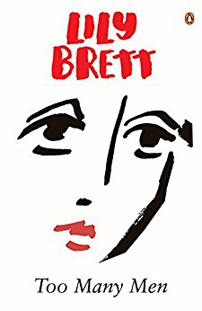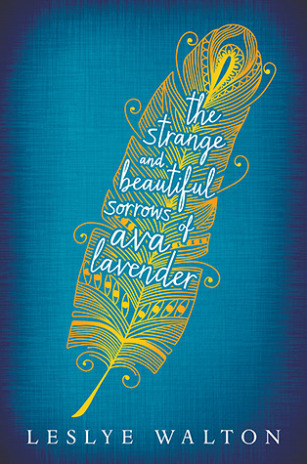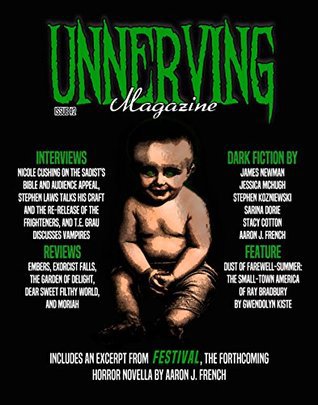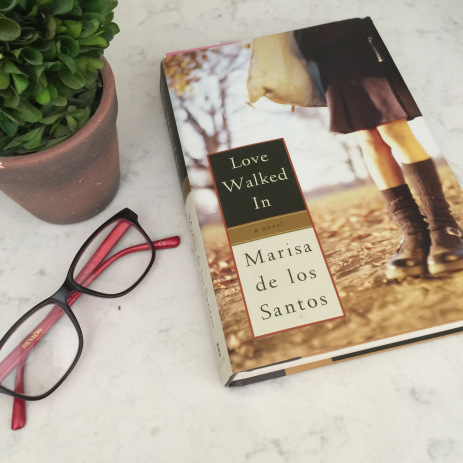 Take every conceivable neurotic stereotype of a 40 year-old Jewish woman, multiply it by five and put it into one individual character. Meet Ruth Rothwax, a second-generation Holocaust survivor. She is obsessed in visiting Poland with her 81 year-old father, Edek, to discover, through his eyes, the country of his (and her deceased mother’s) birth and to try and understand the devastating loss of family and position in the Holocaust.
Take every conceivable neurotic stereotype of a 40 year-old Jewish woman, multiply it by five and put it into one individual character. Meet Ruth Rothwax, a second-generation Holocaust survivor. She is obsessed in visiting Poland with her 81 year-old father, Edek, to discover, through his eyes, the country of his (and her deceased mother’s) birth and to try and understand the devastating loss of family and position in the Holocaust.
Ruth is a relatively successful New York businesswoman three times divorced (but one, according to Ruth, does not officially count as the first was a business transaction to enable the Australian obtain a green card to live in the US). Edek lives in Melbourne, the city he and his wife, Rooshka, settled following World War II.
The two meet in Warsaw for a journey through Polish Jewish history – the Warsaw Ghetto, the city of Lodz (her parents’ home city) and Krakow (for the death camps of Auschwitz-Birkenau from which her parents miraculously survived). It is the first time Edek has been in Poland since the war.
Too Many Men is the fictional story of this journey, a confronting journey for both protagonists as they deal, in their own personal way, with the history of events in the context of the anti-Semitism prevalent in Poland today. Edek is the more sanguine of the two – he is a survivor who will never forget but who knows he cannot change anything that happened. Ruth as a second-generation survivor has not witnessed but learned everything second hand through silences, questions that could never be asked or screams deep in the darkness of night. By confronting her parents past, Ruth can confront her own future.
It’s a long journey. Lily Brett is not an author who uses one word when twenty seems better. It’s also a soapbox from which she can educate and then berate the world. Not only is Ruth a stereotype, but so is every Pole, guilty of anti-Semitism before they have even spoken a word.
Painfully and in detail, events in the Ghettos of Warsaw, Lodz and Krakow are spelled out. Contemporary Poland and its attitudes are equally presented – Auschwitz Museum rather than Auschwitz-Birkenau Death Camp, the historic Kazimierz district of Krakow catering for Jewish cultural tourism yet devoid of Jews (even down to the ‘they look Ukrainian’ klezmer musicians playing in the Jewish cabaret). And the bizarre Holocaust denier in Krakow claiming the Jews had fled Poland with all their gold to Russia at the arrival of the Nazis.
Too Many Men is written as a stream of consciousness mixed with a political treatise. From the outset, Ruth is not a particularly likeable character who gets progressively more and more unpleasant. Even Edek challenges her rudeness and confrontational manner. That it is confronting for her, to experience this world so alien, to witness even today the level of anti-Semitism, is unquestionable. Her dealings with the grasping old couple that have lived for 60 years in a subdivided apartment of her grandparents old home, hoarding belongings of the dead Rothwaxes in the hope of a financial visit, is telling and devastating.
But Ruth ultimately becomes too much. Everyone is guilty (and in Too Many Men everyone is. There’s not one empathic Polish character – Ruth sees even Zofia as being on the make). Lily Brett’s novel becomes nothing more than an unpleasant, vitriolic attack on Poland and the Poles rather than a deeply personal, family-oriented perspective of the Holocaust. And the introduction of the spirit of SS-Obersturmbannfuhrer Rudolf Hoss, commandant of Auschwitz, in a post- execution limbo ultimately made little sense other than as another device to educate readers to the horrors of the Holocaust and the inhumane rationalisation of the Final Solution.
The author herself is a Jewish second-generation Holocaust survivor of Polish Jews from the city of Lodz. How much Too Many Men is autobiographical is unclear. Her interest in the legacy of the Holocaust, intergenerational trauma for survivors and the continuance of anti-Semitism is overt and prevalent. However, my personal preference is not to be educated by an overwrought Ruth Rothwax whose answer to emotional biliousness is copious amounts of Mylanta indigestion tablets and whose emotional stability can range from ups to ‘depression’ in minutes. Anger – yes. Disbelief – yes. But the constant use of ‘I was depressed’ is ultimately self-defeating.
Having undertaken a similar journey with a second generation Holocaust survivor (Krakow, Lublin for Majdanek death camp, Warsaw), I can certainly understand many of Lily Brett’s concerns and issues (and like her, welcomed the presence of groups of young Israelis at the camps). But agit-prop stereotypes is counterproductive.
Its premise is a good one (although interestingly, reading the précis on the back cover, it’s interesting that the word ‘Jew’ or ‘Jewish’ does not appear. I’m sure Ruth Rothwax would have something to say about that) but the final delivery is overlong and disappointing.
Too Many Men was shortlisted for the 2000 Miles Franklin award but lost out to the joint winners of Thea Astley’s Drylands and Benang by Kim Scott.
Advertisements Share this:




